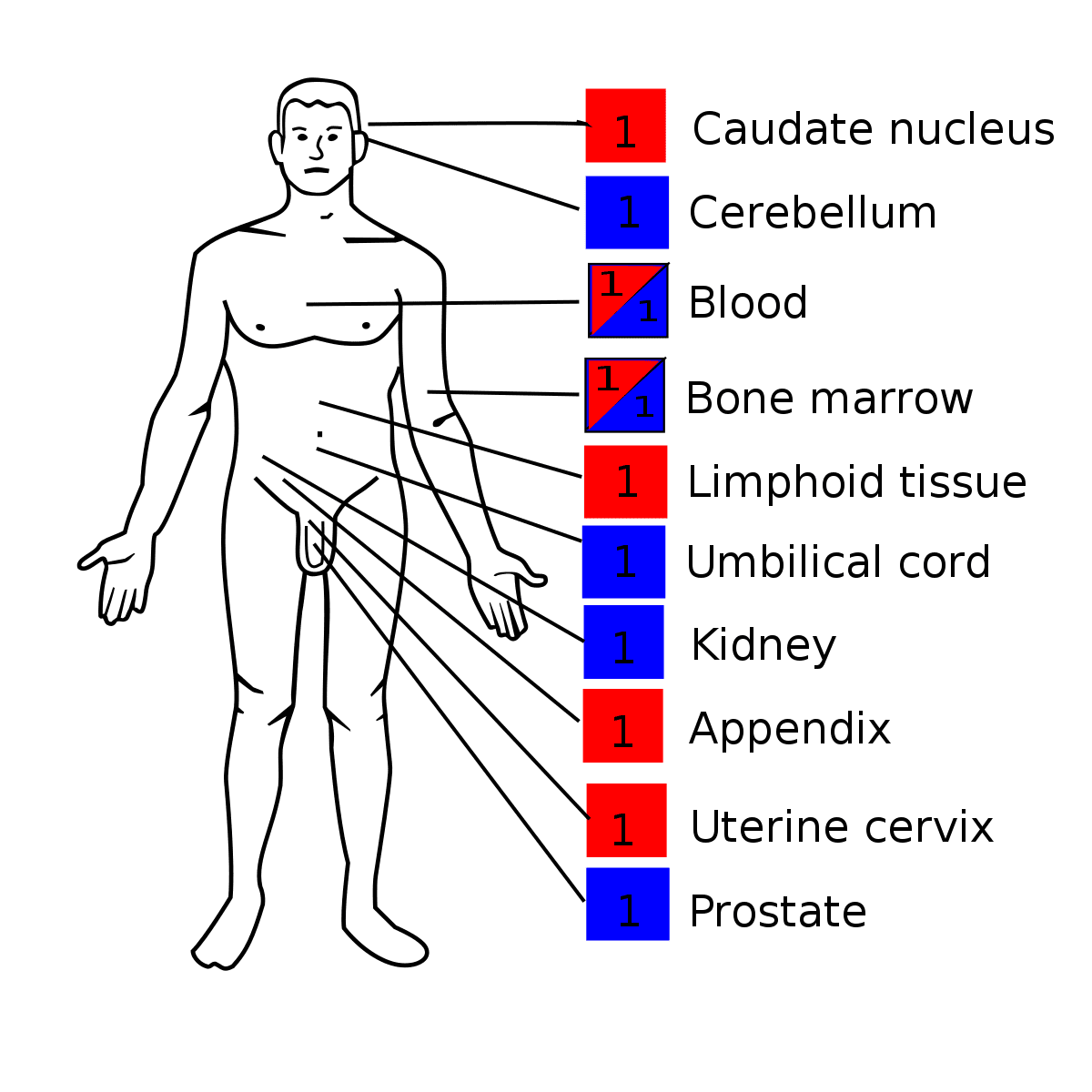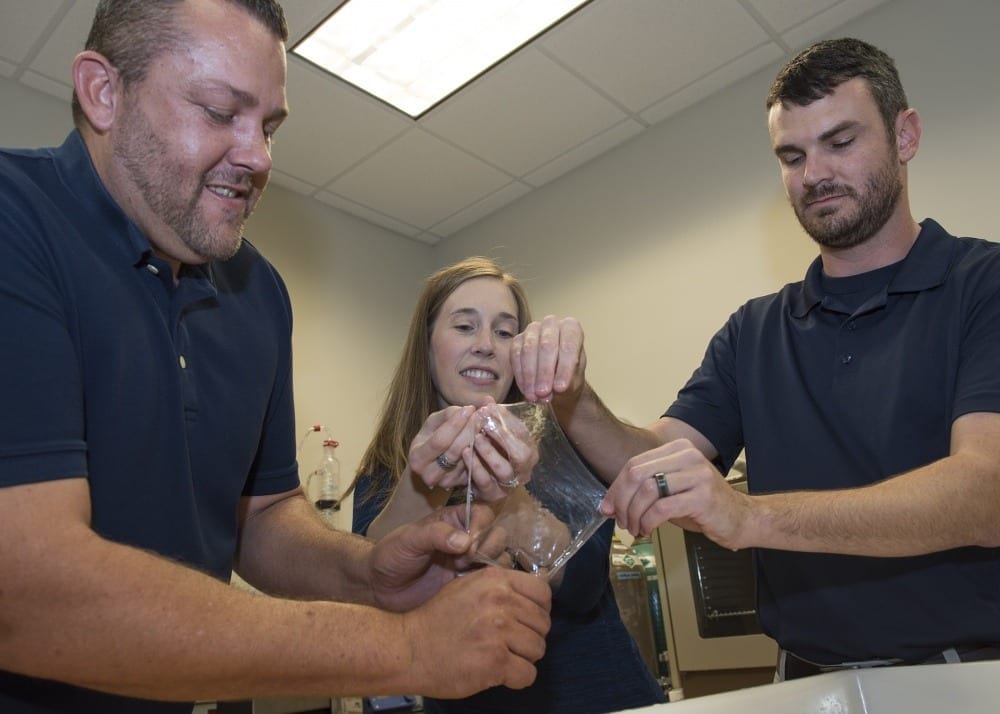
After an unanticipated setback a year ago, Myriad Genetics has taken its case to a federal appeals court to retain its patents for the BRCA1 andBRCA2 genes
The latest chapter in the legal battle over gene patenting unfolded this week during oral arguments (MP3) made in a Washington, D.C., courtroom. A year after a somewhat surprising victory in a New York federal district court, a group of plaintiffs led by the American Civil Liberties Union (ACLU) and Public Patent Foundation (PUBPAT) now hopes the U.S. Court of Appeals for the Federal Circuit (pdf) will uphold the earlier ruling that invalidated patents on BRCA1 and BRCA2—two genes commonly tested to determine risk for breast and ovarian cancers.
Lawyers for BRCA1 and BRCA2‘s patent holders—Myriad Genetics, Inc., in Salt Lake City and the University of Utah Research Foundation—led off Monday’s proceedings before a three-judge panel by challenging the timing of the plaintiff’s original lawsuit in May 2009 and their targeting of the defendants’ work on the BRCA genes in particular. But the crux of the case rests on whether the work and expense that Myriad or any other biotech company invests in isolating DNA and sequencing genes should be patentable, or whether these companies are simply cashing in on something readily found in nature.
The appellate judges on Monday drew an analogy between isolating DNA and extracting a mineral from the ground, noting that, despite the effort and technology required to mine diamonds, diamonds are not a patentable product. The defense chose to frame the argument differently. If the discovery of some mineral taken from a mine would not have been possible without “human intervention and human invention,” then the result of that discovery should be protected by a patent, lead defense attorney Gregory Castanias, a partner with the Jones Day law firm in Washington, D.C., said during his opening argument.
The lawsuit’s plaintiffs claim to represent about 150,00 researchers, pathologists and laboratory professionals as well as breast cancer and women’s health groups. Their position is that a gene patent gives its owner the right to prevent anyone from studying or testing that gene. As a result, scientific research and genetic testing has been delayed, limited or even shut down due to concerns about gene patents.








